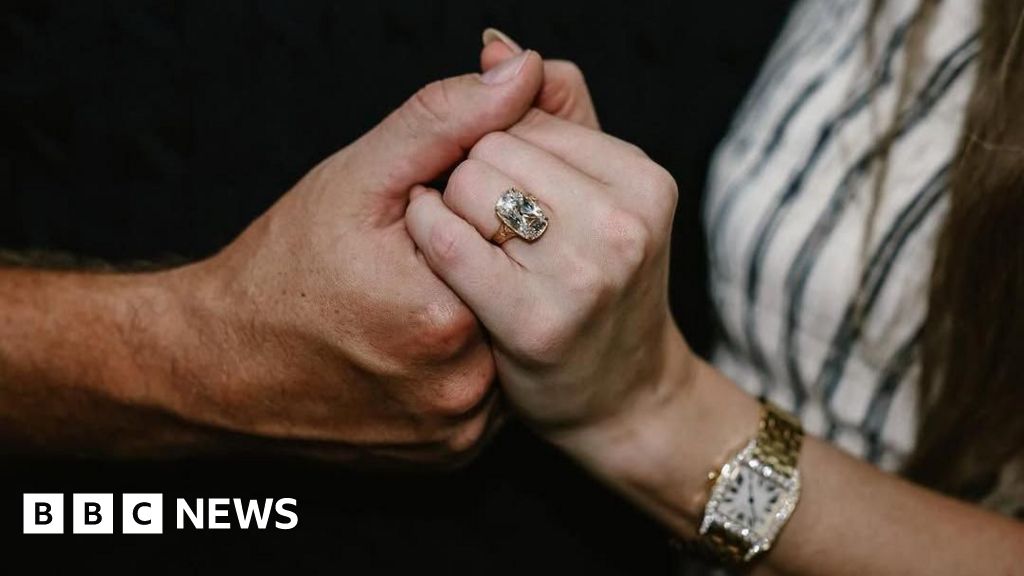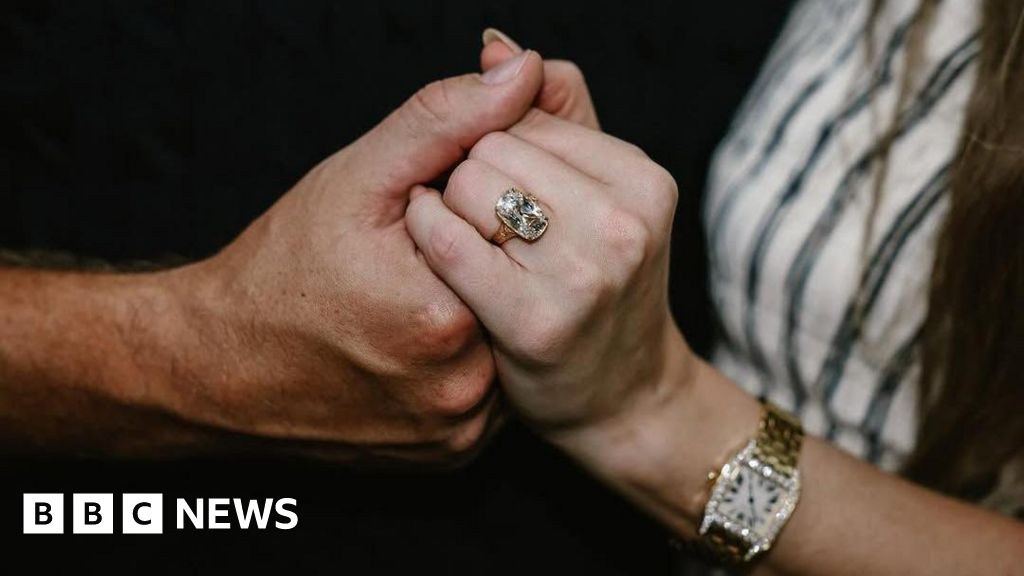In a significant show of solidarity, over 400 prominent British musicians, writers, and artists, including Sir Elton John and Dua Lipa, have urged the UK government to reform copyright laws to protect their creative works from the encroachment of artificial intelligence (AI). The letter, addressed to Prime Minister Sir Keir Starmer, articulates their concerns over the potential exploitation of their art by tech companies using AI without proper accountability.
The artists argue that current frameworks fail to adequately shield their rights and that without suitable amendments to the Data (Use and Access) Bill, they are at risk of losing control over their own creations. They emphasize that the UK's artistic landscape, celebrated for its rich creativity, is under threat, stating that the inflation of unregulated AI use could diminish the nation's role as a creative powerhouse.
The collective demands transparency from AI developers regarding the use of copyrighted material in the training of AI models. The letter implores the government to support an amendment proposed by Baroness Beeban Kidron, which aims to establish licensing frameworks benefiting both creators and AI developers. “We are wealth creators,” the letter states, underscoring the pivotal role artists play, not just in culture but also in the economy.
Despite the overwhelming support from the creative community, some critics argue that imposing stricter copyright rules could deter innovation and growth in the UK, with concerns that they could result in offshoring of AI development to nations with more lenient laws. Julia Willemyns, co-founder of the Centre for British Progress, cautions that restrictive measures could stifle domestic firms and impede the industry’s potential.
This letter comes amid increasing artist backlash against the use of their work in AI systems, which have transformed the content creation landscape with generative capabilities. Concerns over fairness and respect for copyright have led various artists to protest, including a silent album protest organized in February by Annie Lennox and Damon Albarn against proposed copyright changes.
The UK government has been conducting consultations on its handling of copyright issues, amid calls for more equitable practices. Artists like Kazuo Ishiguro question the policymaking direction, arguing that changing established copyright laws undermines individual creators in favor of large corporations. Baroness Kidron’s proposed transparency amendment is seen as critical for fostering a healthy licensing market essential for both artists and AI innovators to coexist.
As negotiations and consultations unfold, artists remain hopeful that their collective voice will lead to meaningful legislative changes that safeguard their creations against misuse in the rapidly evolving AI landscape.




















